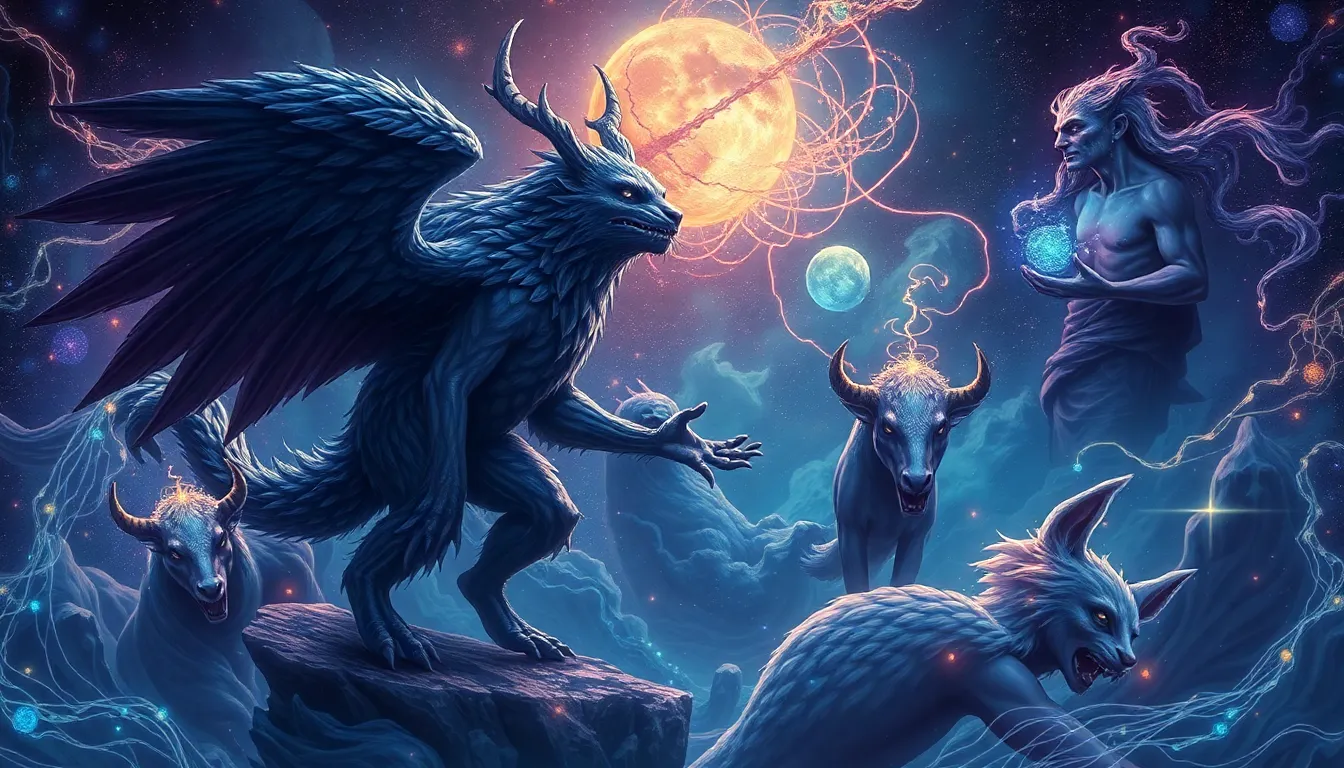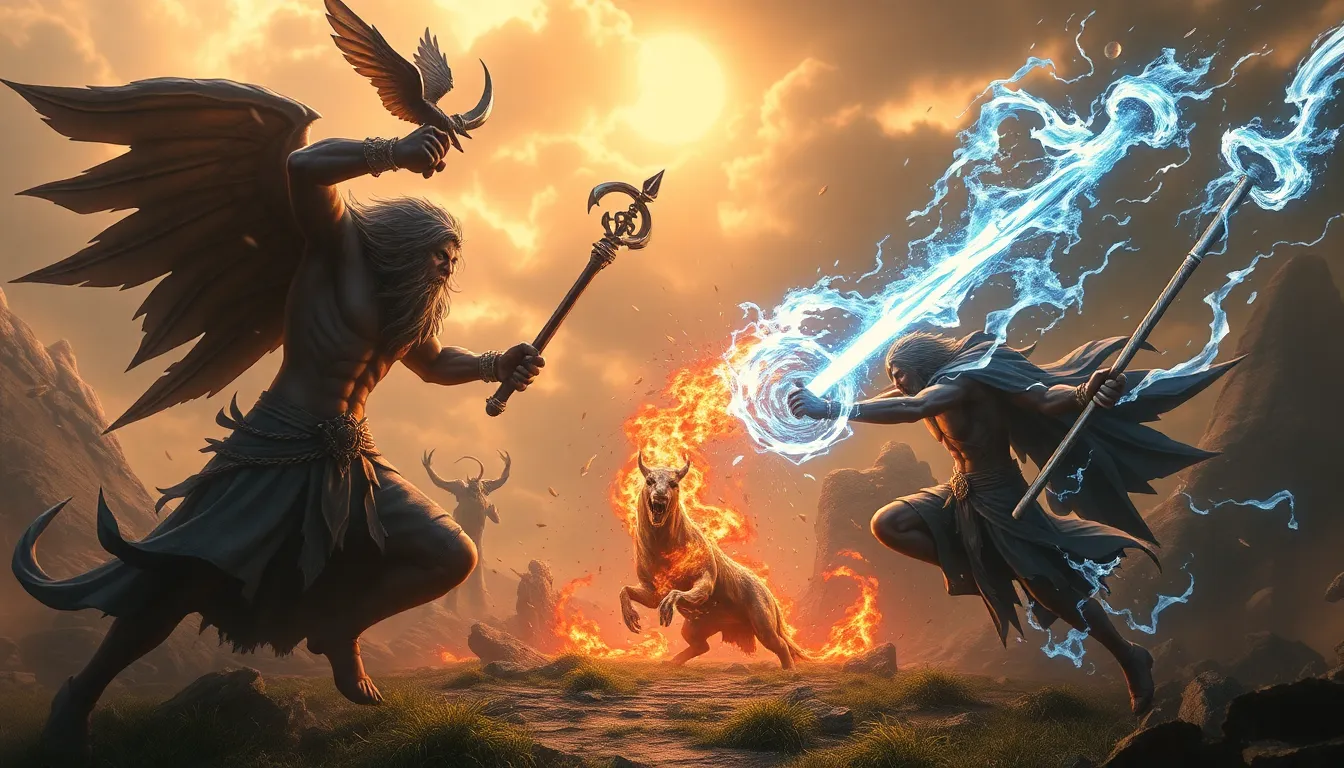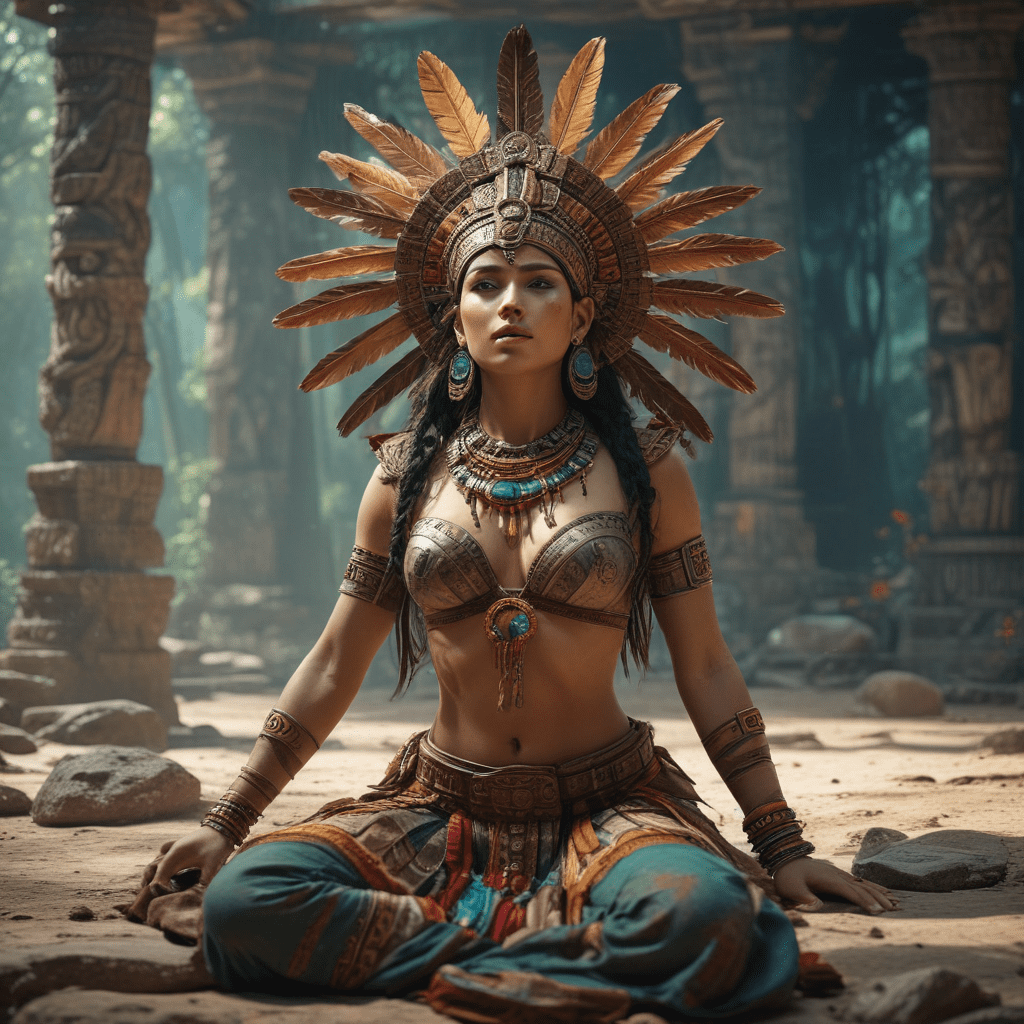The Enchanted Evolution: How Myths Embrace Transformative Change
1. Introduction: The Intersection of Myths and Transformation
Myths are powerful narratives that have shaped human understanding across cultures and generations. They serve not only as stories that entertain but also as vehicles for conveying complex ideas about existence, morality, and society. The cultural significance of myths lies in their ability to encapsulate the values and fears of a community, offering insight into the human experience.
In contemporary society, transformative change is a constant theme, reflecting shifts in technology, environment, and human interactions. This evolution often creates a sense of uncertainty, prompting societies to seek meaning through the stories they tell. This article argues that myths serve as powerful narratives that reflect and shape our understanding of transformative change, acting as both mirrors and guides in navigating the complexities of existence.
2. Understanding Myths: More Than Just Stories
Myths have origins deeply rooted in the human psyche, often arising from a community’s attempts to explain natural phenomena, societal structures, and existential questions. They fulfill various functions, including:
- Providing moral lessons
- Conveying cultural values
- Explaining the unexplainable
- Establishing social norms
Across cultures, myths take many forms, including creation myths, hero myths, and mythology surrounding natural disasters. For example:
- The creation myth of Genesis in Judeo-Christian tradition
- The hero’s journey of Odysseus in Greek mythology
- The flood myth in various cultures, such as Gilgamesh and Noah
3. The Nature of Transformative Change
Transformative change refers to profound alterations in the way individuals and societies function. This change can be triggered by various factors, including technology, social movements, and environmental shifts. Characteristics of transformative change include:
- Disruption of the status quo
- Creation of new social norms
- Psychological shifts in perception and behavior
Historically, transformative changes have had significant impacts, such as the Industrial Revolution, which reshaped economies and societies. Psychological and social impacts include:
- Increased social mobility
- Shifts in community dynamics
- Emergence of new identities
4. Myths as Mirrors of Societal Change
Myths often reflect the values and fears of their time, capturing the essence of societal changes. They evolve as societies grapple with new realities, providing a narrative framework for understanding these transitions.
Case studies of myths responding to societal changes include:
- The myth of Prometheus, symbolizing the tension between technology and humanity’s moral compass
- The tale of the Phoenix, representing rebirth and renewal in times of crisis
This cyclical nature of myths illustrates how they evolve alongside societal transformations, serving as a form of cultural resilience.
5. Mythical Archetypes and the Hero’s Journey
Joseph Campbell’s concept of the Hero’s Journey outlines a universal pattern found in myths across cultures, emphasizing the hero’s transformation through trials and tribulations. This archetype embodies transformative change, illustrating personal growth and societal impact.
Examples of heroes that exemplify this journey include:
- King Arthur, who rises to leadership and faces moral dilemmas
- Harry Potter, who evolves from a marginalized child to a powerful figure in the fight against evil
6. The Role of Nature and the Supernatural in Myths of Change
In many myths, natural disasters and supernatural elements signify change, often serving as catalysts for transformation. Nature’s cycles—such as the changing seasons—are frequently depicted in myths, symbolizing renewal and the inevitability of change.
Myths that depict transformation through nature include:
- The myth of Persephone, representing the cyclical nature of life and death
- The transformation of Daphne into a laurel tree as a response to pursuit
These narratives illustrate the symbolic meaning of metamorphosis, highlighting the connection between humans and the natural world.
7. Modern Myths: Shaping Contemporary Understandings of Change
In the modern era, myths continue to shape our understanding of change, particularly in popular culture. Films, literature, and digital media serve as contemporary vessels for myth-making, reflecting current societal themes.
Examples of modern myths include:
- The superhero genre, which often explores themes of responsibility and personal sacrifice
- Science fiction narratives that address technological advancements and ethical dilemmas
The role of technology and globalization has further influenced the evolution of myths, allowing for rapid dissemination and reinterpretation across cultures.
8. Cultural Resilience: Myths and the Process of Healing
Myths also play a therapeutic role in helping individuals and communities cope with trauma and change. They provide frameworks for understanding loss, resilience, and recovery.
Examples of myths emphasizing resilience include:
- The story of Job, representing endurance through suffering
- The Native American myth of the Great Spirit, symbolizing hope and renewal
Preserving these myths is essential for cultural identity and continuity, offering guidance in times of upheaval.
9. Future of Myths in a Changing World
As society continues to evolve, so too will myths. Predictions suggest that new myths will emerge in response to future societal changes, particularly as digital media reshapes storytelling.
The impact of digital media on the creation and dissemination of myths includes:
- Increased accessibility and diversity of narratives
- The blending of traditional and modern mythologies
- Opportunities for participatory storytelling and community engagement
In conclusion, myths will remain a vital part of human culture, adapting to reflect the ever-changing landscape of society and the transformative journeys of individuals.




